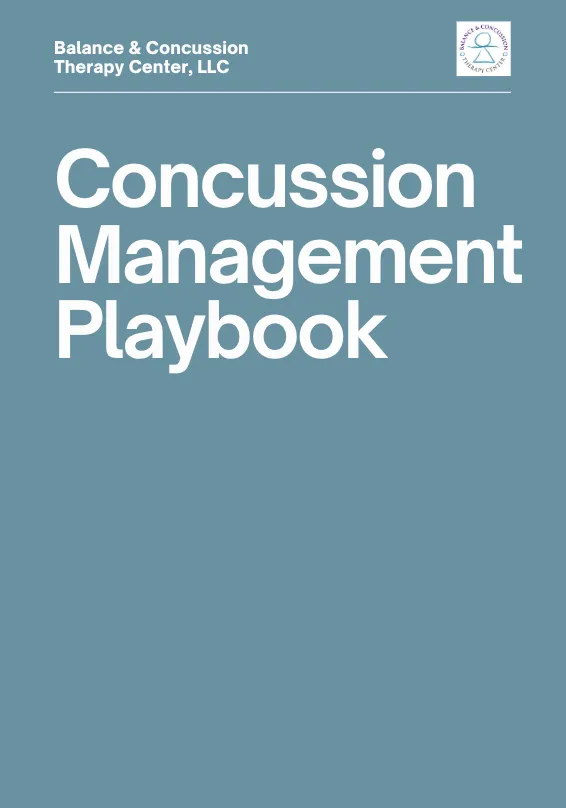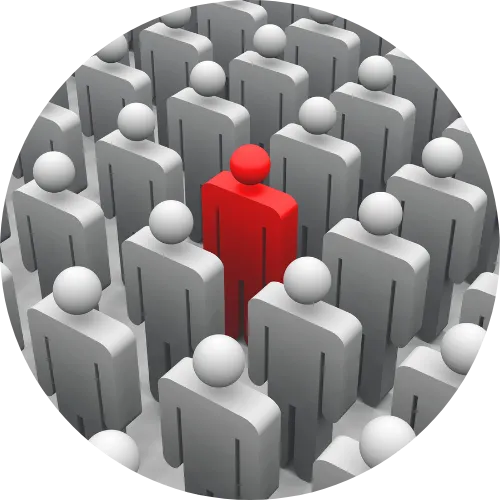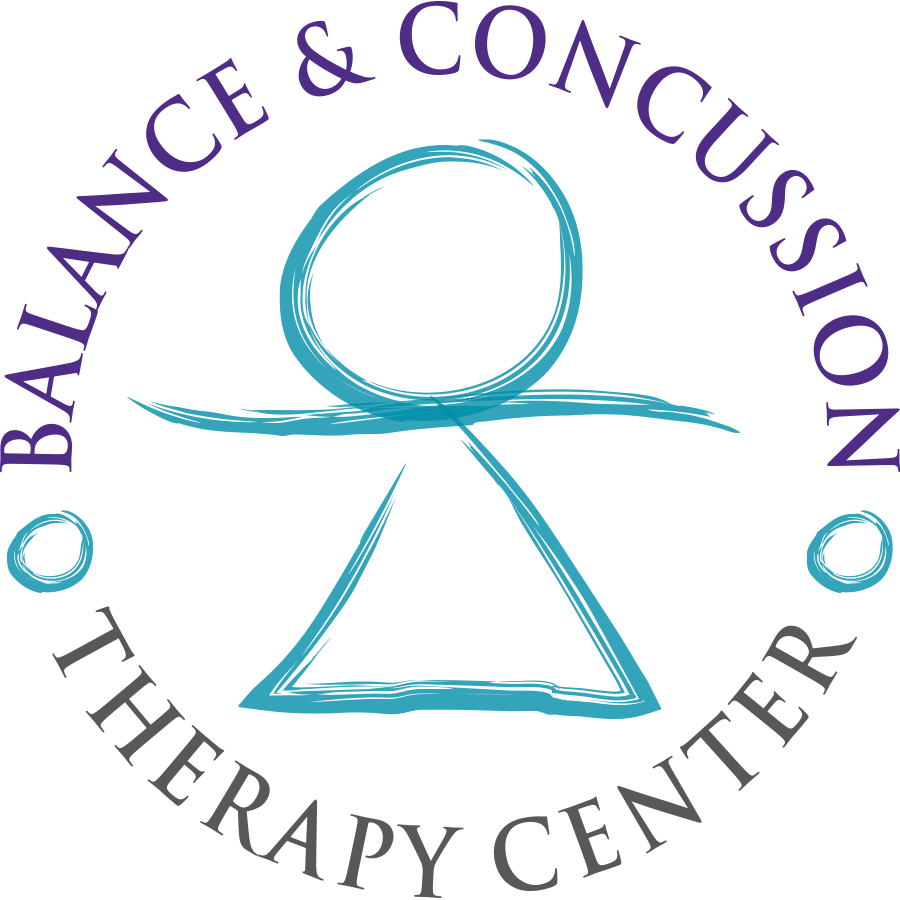Located in Bergen County, NJ
Just outside of New York City
CONCUSSION
It is critical to recognize concussions when they happen and it is just as critical to continue to monitor for symptoms for several days and even a week after a suspected or possible concussion. Remember, this is an injury. Like any other injury, it must heal before the area is exercised again or further damage can occur.
OUR PROCESS

COMPREHENSIVE CONCUSSION CARE
Comprehensive Concussion Evaluation :
Vestibular-Oculomotor Screening (VOMS), Exertion Testing via Buffalo Concussion Treadmill Test, Static and Dynamic Standardized Balance Tests, and Cervical Spine Assessment.
Every patient is given a custom treatment plan
based on the results of their evaluation to return to optimal performance. Patients always have access to reach their provider between visits to keep making progress even outside the office.
Appointments are in a quiet setting, always one on one,
with the full attention of a Doctor of Physical Therapy double certified in adult and pediatric vestibular rehabilitation by the American Physical Therapy Association with additional certifications in concussion treatment.
Concussion Management Playbook
Have you experienced a concussion and are seeking effective strategies to manage your symptoms and recovery? Download this concise, comprehensive, and evidence-based guide authored by Dr. Macklin, a concussion expert, who aimed to compile essential information for her patients. Reliable information can be hard to find, which is why this guide is vital for anyone who has suffered this injury or knows someone who has. Get your copy today!


When to See a Professional
The signs and symptoms of a concussion can be subtle and may not be immediately apparent. Symptoms may not appear until 24-48 hours after an event. Common symptoms after a concussive traumatic brain injury are headache, dizziness, fatigue, feeling off balance, mood changes, difficulty concentrating and remembering things and even sleep disruption.
See a medical professional within 1 to 2 days if:
Symptoms are getting worse or not improving.
The American Academy of Pediatrics recommends that you call your child's doctor for advice if your child receives anything more than a light bump on the head.
When to Seek Emergency Care
- Repeated vomiting
- A loss of consciousness lasting longer than 30 seconds
- A headache that gets worse over time
- Changes in behavior, such as irritability
- Changes in physical coordination, such as stumbling or clumsiness
- Confusion or disorientation, such as difficulty recognizing people or places
- Slurred speech or other changes in speech
Occurrence of other symptoms may include:
- Seizures
- Vision or eye disturbances, such as pupils that are bigger than normal (dilated pupils) or pupils of unequal sizes
- Lasting or recurrent dizziness
- Obvious difficulty with mental function or physical coordination
- Symptoms that worsen over time
- Large head bumps or bruises on areas other than the forehead in children, especially in infants under 12 months of age
Symptoms
Headache or a feeling of pressure in the head
Temporary loss of consciousness
Confusion or feeling as if in a fog
Amnesia surrounding the traumatic event
Dizziness or "seeing stars"
Ringing in the ears
NauseaVomiting
Slurred speech
Delayed response to questions
Appearing dazed
Fatigue
Concentration and memory complaints
Irritability and other personality changes
Sensitivity to light and noise
Sleep disturbances
Psychological adjustment problems and depression
Disorders of taste and smell


Visit our Location
Call or Text
Send us a Message
© Copyright 2026 | Balance & Concussion Therapy Center | All Rights Reserved

Facebook
Instagram
Youtube